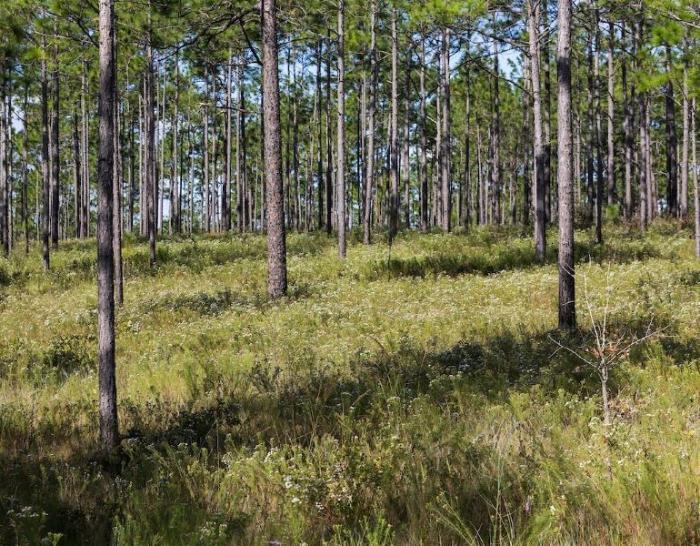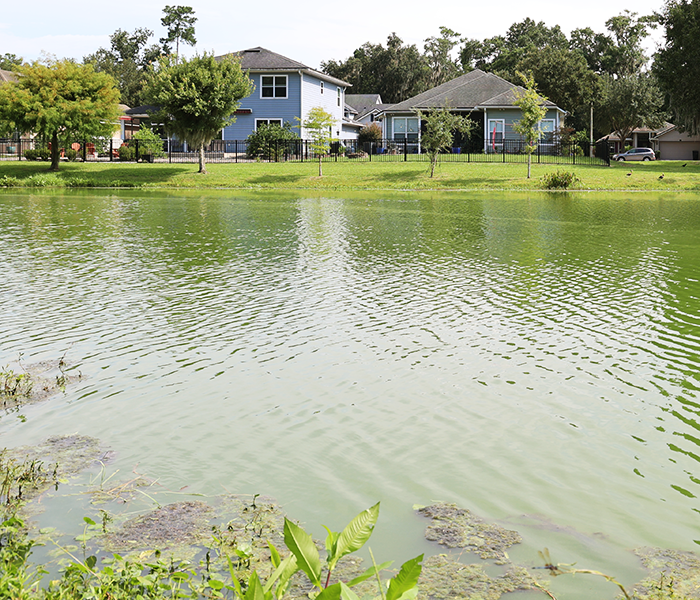Congratulations to our faculty members who received tenure and promotion!


We research and teach about soil, water, and environmental sciences in urban, agricultural, and natural ecosystems. As a University of Florida department within the Institute of Food and Agricultural Sciences and the College of Agricultural and Life Sciences, we offer degree, certificate, and extension programs on campus and online. Since our origins, more than 100 years ago, we have made significant contributions to improving the productivity of Florida’s agriculture, helping protect the state's unique ecosystems, and contributing to soil and water science at national and international levels.


When most first-year undergraduate students were still finding their footing on a large campus like the University of Florida, environmental science major Rebecca Walters was taking significant academic steps. In just her second semester, she contacted Dr. Ann Wilkie, director of the UF/IFAS Experiential Learning Laboratory (ELL), with a request. She
Imagine using a generative AI platform similar to ChatGPT to get crop-damage information after a hurricane. That’s what University of Florida artificial intelligence (AI) scientist Nikolaos Tziolas plans to provide to farmers statewide. With a new $297,000 grant from the USDA-National Institute of Food and Agriculture, Tziolas plans to develop an interactive tool for farmers to
Living shorelines are gaining popularity in Florida as residents seek sustainable solutions capable of calming waves and restoring habitats.
The materials used to form man-made reefs, however, are not always environmentally friendly or easily accessible. Through a newly published